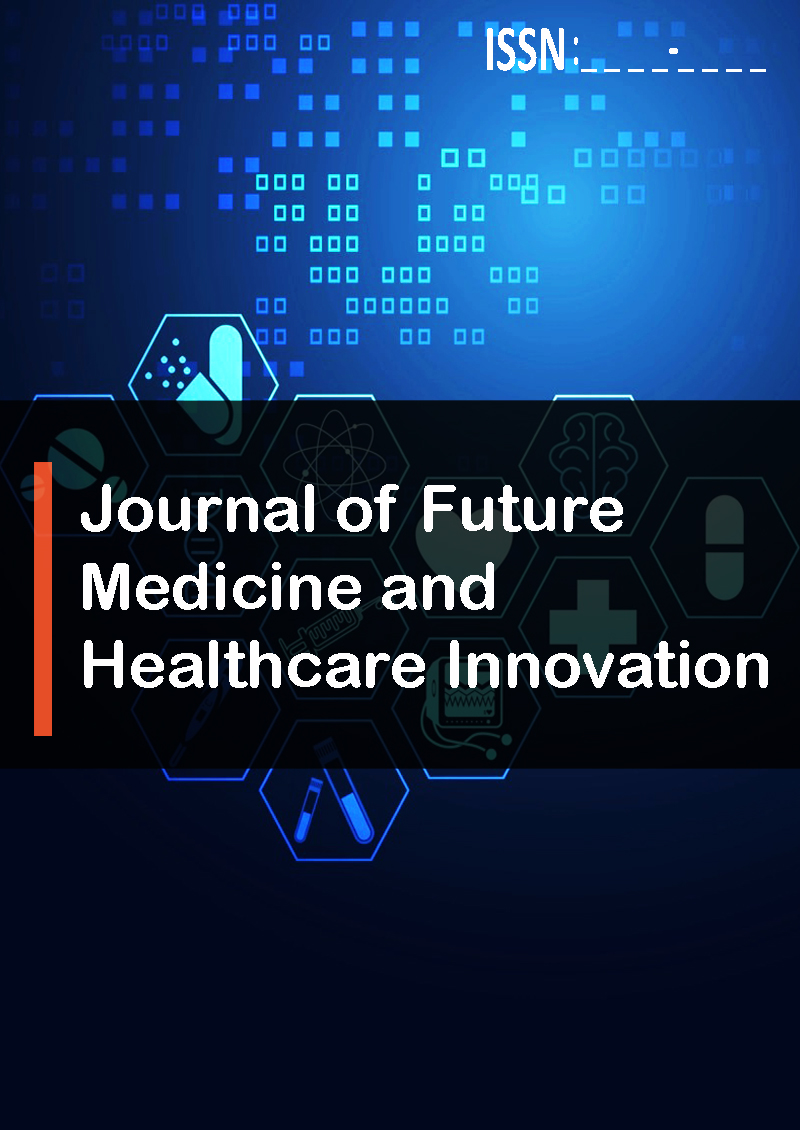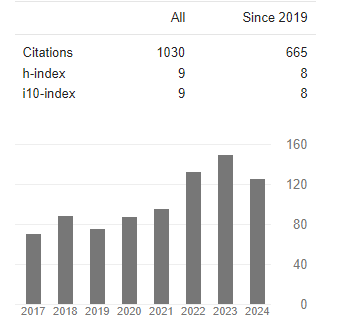Adherence to Secondary Prophylaxis and Associated Factors Among Rheumatic Heart Disease Patients Visiting Asella Referral and Teaching Hospital, Southeast Ethiopia
Abstract
Meskele Bireda, Melaku Yitbarek and Bereket Zeleke
Background: ensuring adequate adherence to secondary prophylaxis has been a challenge and poor among adolescents and chronic patients, due to different factors and barriers. The aim of this study was to assess non-adherence rate and associated factors to secondary prophylaxis among Rheumatic heart disease patients visiting Asella Referral and Teaching Hospital, Southeast Ethiopia.
Methods: Hospital-based cross-sectional study was conducted among selected Rheumatic heart diseasepatients on follow-up at Asella Teaching and Referral Hospital. Data were collected using a structured questionnaire. The collected data were entered into Epidata 4.6 and analyzed using SPSS version 26. Bivariable logistic regression analysis was used to identify the candidate variables at p<0.25 and multivariable logistic regression analysis was employed to identify significant factors at p value <0.05.
Results: A total of 291 patients with Rheumatic heart disease taking prophylaxis were included in the analysis and of those 177 (60.8%) were female and 114 (39.2%) were male, giving a female: male ratio of 1.5:1.About 97 (32.3%) patients were non-adherent to benzathine penicillin-G prophylaxis. Far distance from the hospital and low monthly income found to have a significant association with non-adherence to benzathine penicillin-G prophylaxis: (AOR 4.1 [95% CI 1.9-9.0], P=0.001; AOR 3.6 [95% CI 1.6-8.4], P=0.003), respectively.
Conclusion: The overall non-adherence rate to benzathine penicillin-G prophylaxis for Rheumatic heart disease was high among patients attending follow up clinic at Asella Teaching and Referral Hospital since they were far from the hospital and their low monthly income.




